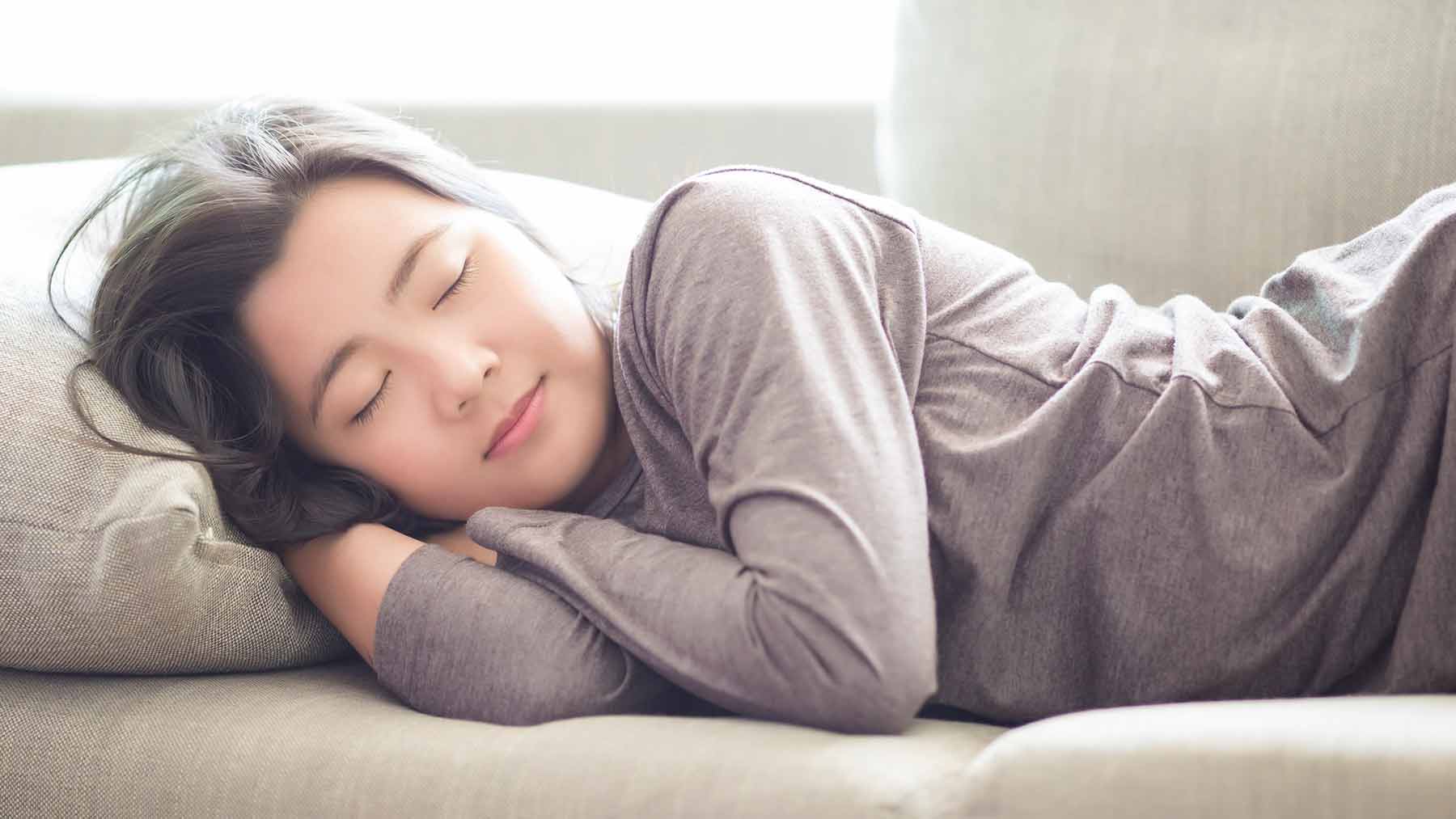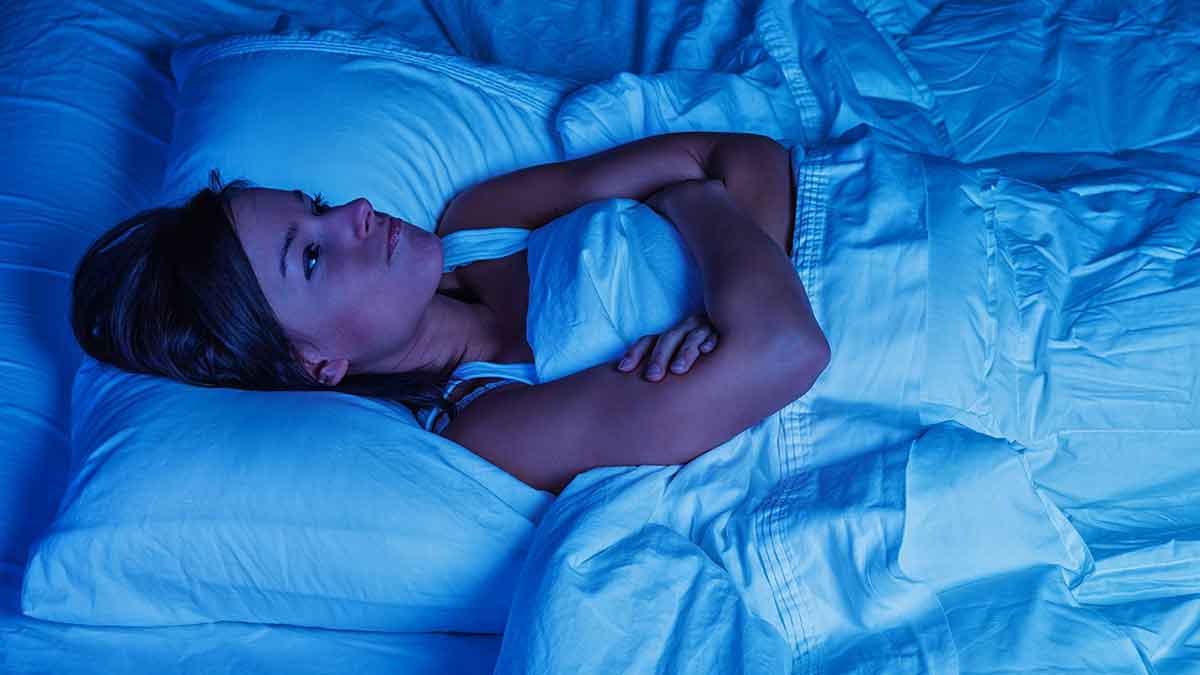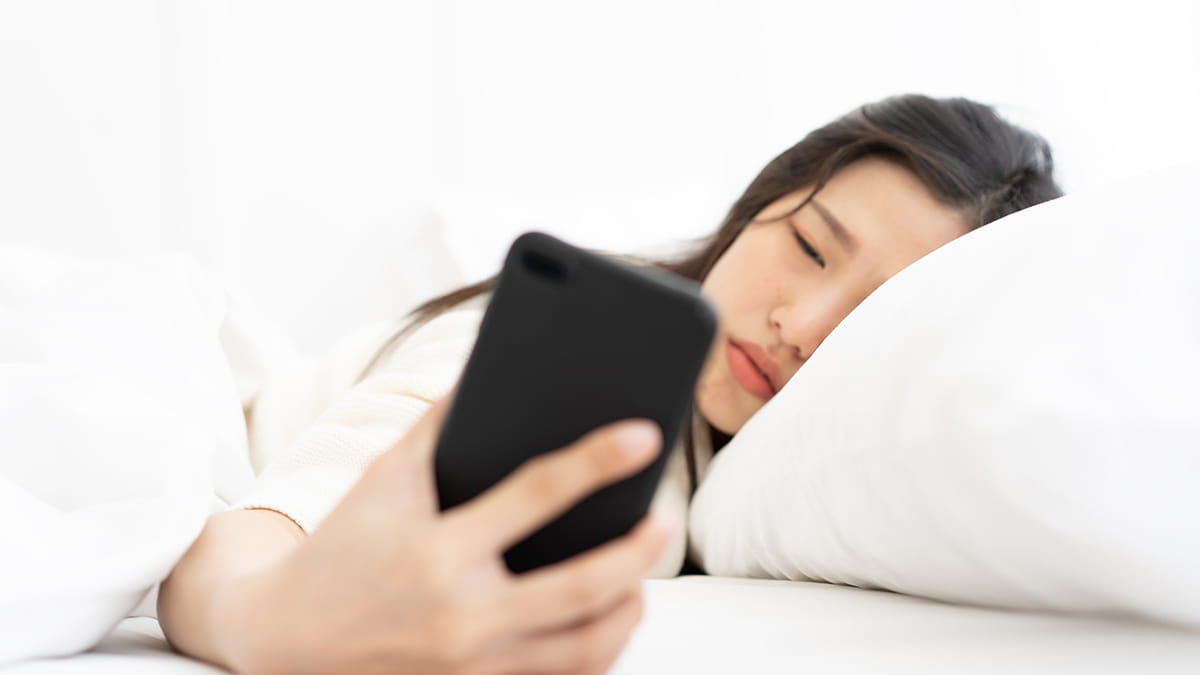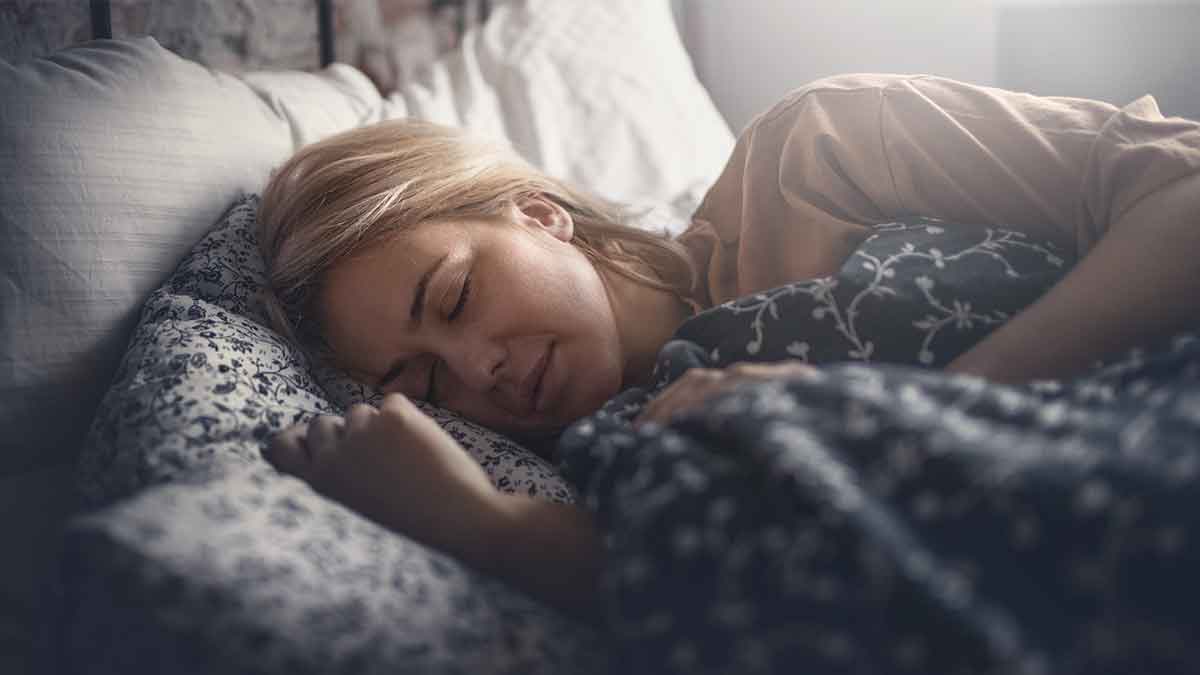How long should you nap?
 When the late afternoon hits, it’s easy to start feeling groggy and in need of some extra energy. If you can, taking a short nap will help perk you up and save you from reaching for another cup of coffee.
When the late afternoon hits, it’s easy to start feeling groggy and in need of some extra energy. If you can, taking a short nap will help perk you up and save you from reaching for another cup of coffee.We always hear that power naps can work wonders for our alertness, but what constitutes a power nap and how can we get the most out of one?
Aneesa Das, MD, a sleep medicine specialist at The Ohio State University Wexner Medical Center, provides some guidance on effective napping.
Naps and the Sleep Cycle
“Ideally, adults should get 7-9 hours of sleep per night,” Das says. “This can vary a bit between people, but try to aim for this range.”
During this time, your body flushes out brain chemicals that make you tired, and the same happens during a nap.
“We typically try to get all of our sleep at one time during the night, but if we are unable to do so, a brief nap may be helpful when it is the right length,” Das says.
How Long to Nap
“Your nap should be 20-30 minutes,” Das says. “That way, you’ll be re-energized without affecting your nighttime sleep.”
If you nap a shorter amount of time than this, you may not get the full effects of the nap, and if you nap longer, you run the risk of drifting into a deeper stage of sleep.
“You know how sometimes you’ll wake up from a nap feeling groggier than when you first laid down?” Das says. “That’s because you entered a deeper, slow-wave sleep and then were jolted out of it too early.”
However, there are some exceptions to the 30-minute nap rule.
“If you’re trying to transition into working the night shift, you may benefit from napping a few hours in the afternoon until you adjust,” Das says.
And if you have insomnia, naps probably aren’t the best idea for you.
“People with insomnia should try not to nap, as it could make it even harder to fall asleep at night,” Das explains.
Napping Tips
Once you’ve decided to take a nap, there are a few measures you can take to get the most out of it.
“First, make sure you’re in a place that is cold, dark and quiet,” Das says. “This will help your body transition into sleep faster.”
Second, don’t nap too late in the day.
“The body’s preference is to nap around 2-4 pm. That’s why most Spanish siestas take place at this time.”
Finally, set an alarm.
“No one wants to wake up in a panic, realizing they’ve slept too long. Setting an alarm will make sure you don’t drift off longer than you wanted to.”
So if you’re feeling a bit sleepy, try taking a short nap to give yourself a boost that’ll help you finish out your day alert and energized.




